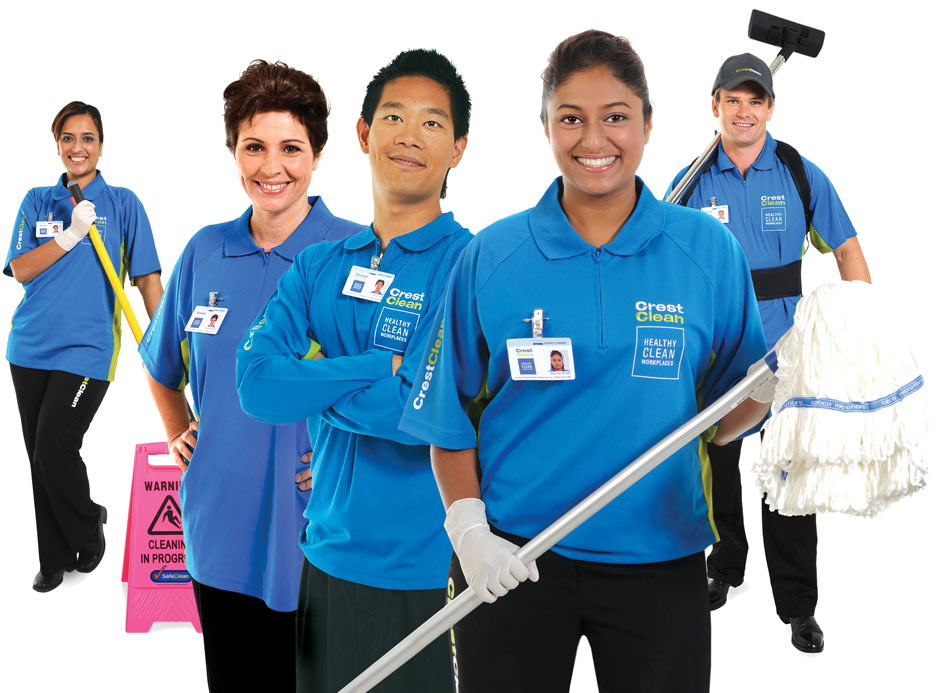Bird Flu Pandemic

What is a pandemic?
When a new strain of influenza virus emerges and spreads around the world infecting many people at once, it’s called a pandemic. According to the Ministry of Health, a virus capable of causing a pandemic is one that people have no natural immunity to. It spreads easily and is far more severe than seasonal flu.
There were three influenza pandemics last century: 1918, 1957/58 and 1968/69. Viruses containing a combination of genes from a human flu virus and an avian flu virus caused the 50’s and 60’s pandemics.
The current virus, H5N1, affecting poultry in other parts of the world hasn’t mutated into a virus that spreads from human to human. Reported cases are where humans have been in close contact with infected birds. However, The World Health Organisation is worried that an avian flu virus and human flu virus could merge, or that bird flu could mutate into a new virus.
New Zealand has been preparing for such a pandemic. The Ministry of Health has a national plan and has had several advertising campaigns containing simple things people can do. District Health Boards also have local plans. While many will continue to adopt a “head in the sand” attitude, we all should be aware – not just for yourself and your family. You work in an environment where others need to have good practices in place – even to avoid contracting seasonal flu, a prospect far more close to home.
Help prevent getting the flu
Ask your doctor to vaccinate you against the flu. As influenza viruses change frequently you need to be vaccinated each year to stay immune. Vaccination is free to people over 65 and to adults and children with certain long-term chronic conditions.
Here are some simple suggestions to help stop the spread of germs at your workplace.
Hygiene
Avoid close contact with people who are sick
Stay at home when you’re sick
Cover your mouth and nose with a tissue when you cough or sneeze. Throw the tissue in a lined rubbish bin or plastic bag then wash your hands right away.
Wash your hands for at least 20 seconds in warm water, using soap or an alcohol-based rub. Rinse well to wash away dirt and germs. Dry hands thoroughly – preferably using disposable paper towels.
Avoid touching eyes, nose or mouth – especially if you have been touching something contaminated with germs.
Make a Plan for your Workplace
Plan for yourself first. More information on influenza and planning for an influenza pandemic can be found on www.moh.govt.nz/pandemic influenza.
Ideas on how to keep business running can also be found in the Business Planning Guide at www.med.govt.nz.


